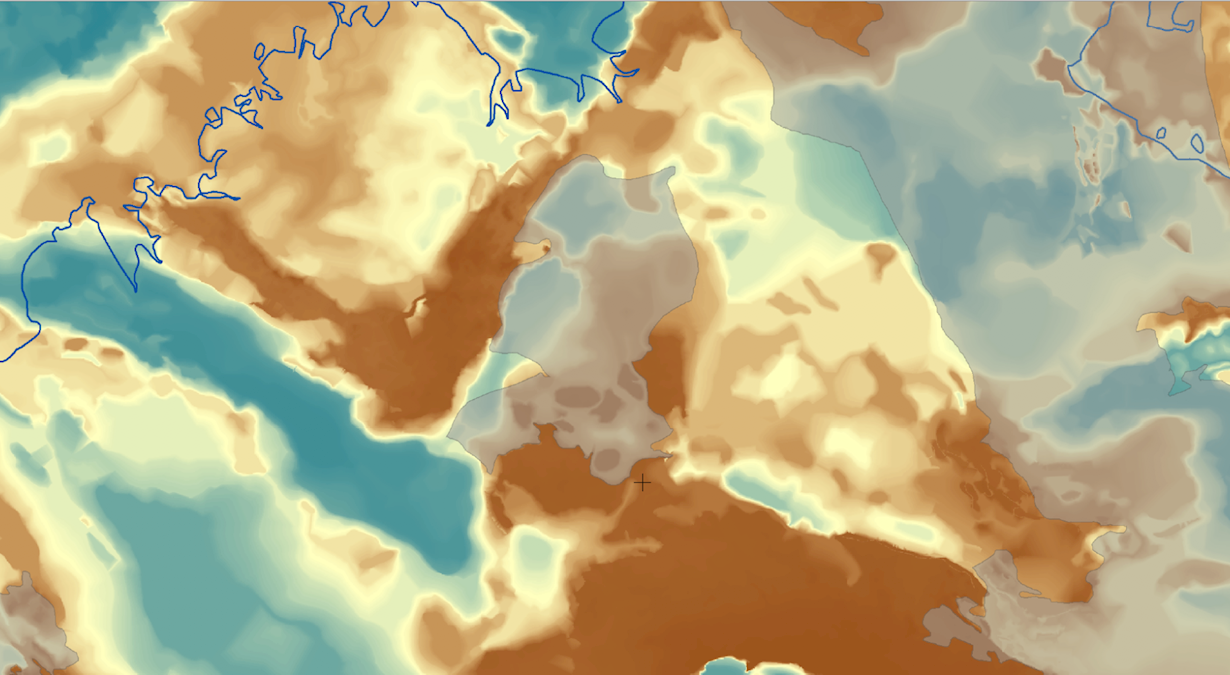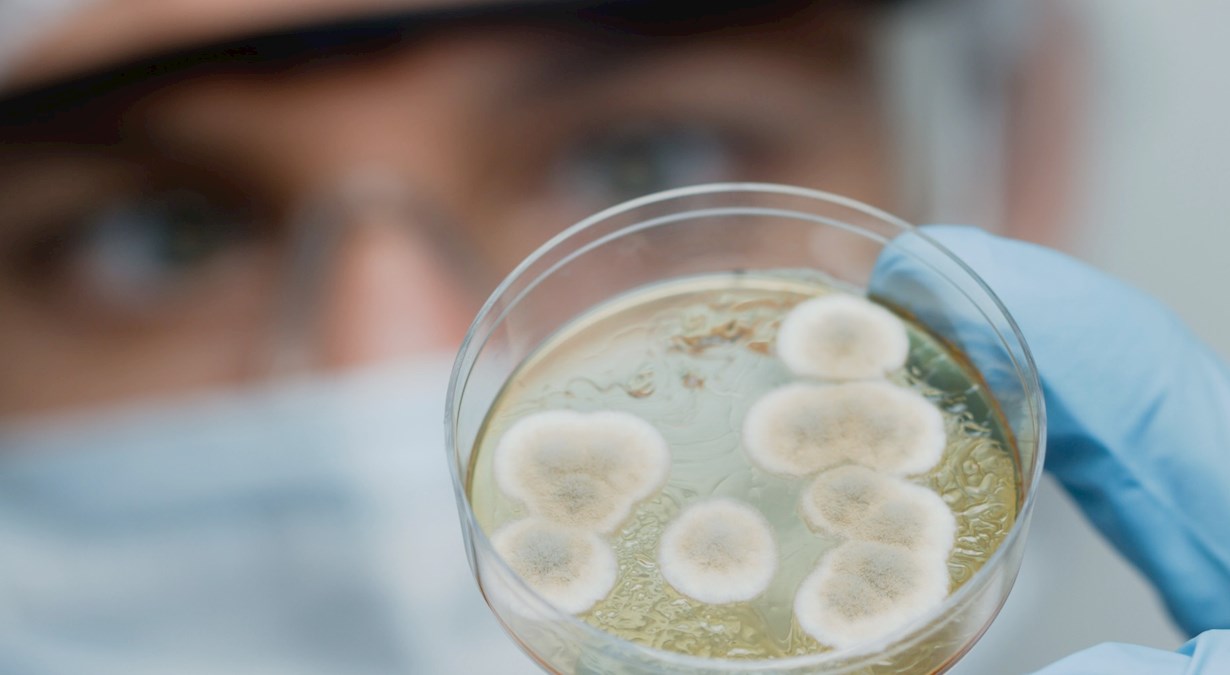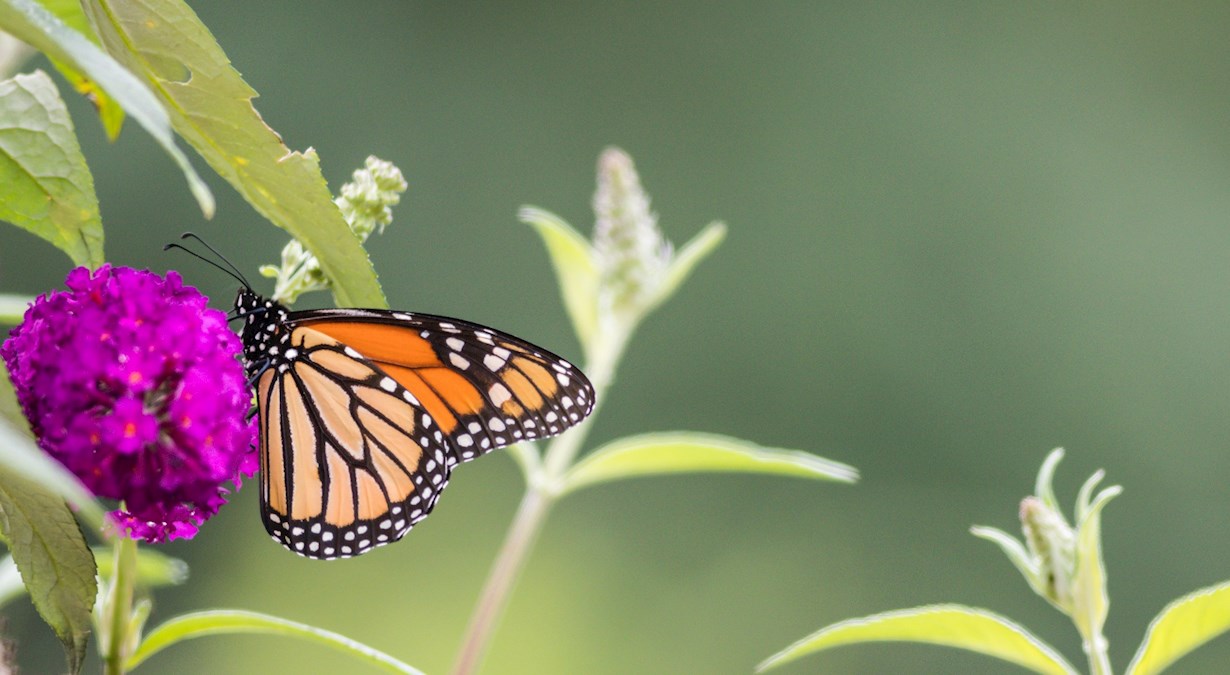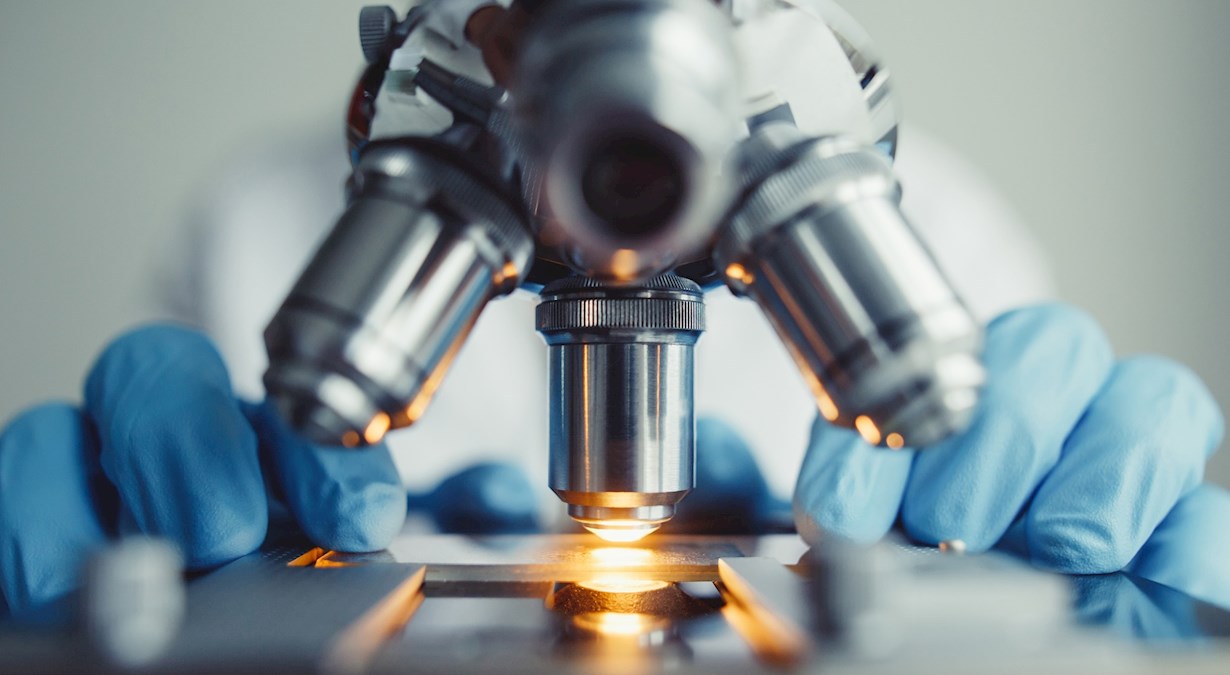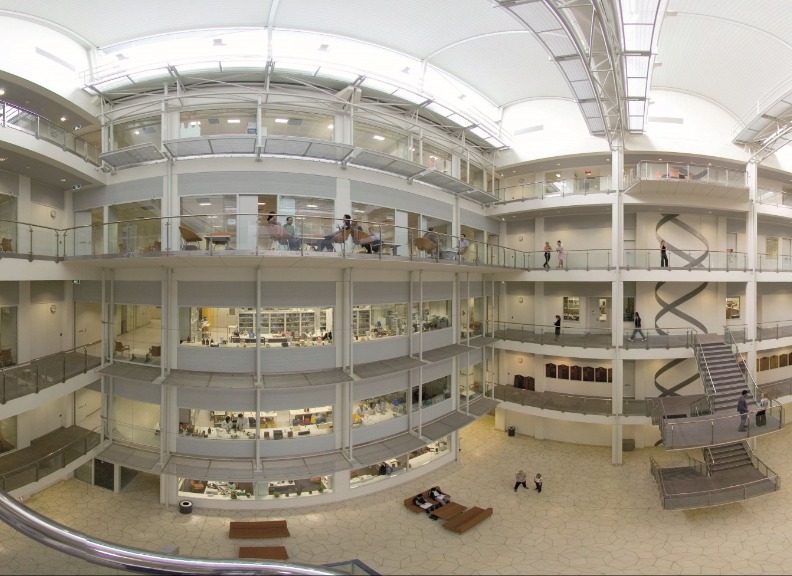
-
Highlights
-
Governance
-
Chancellor
-
Vice-Chancellor
-
Executive
-
History of the University
-
Schools
-
Campuses
-
Complaints
-
Official publications
-
Communications and marketing
-
Working at UWA
PROJECT
Synthetic biology tools for biosynthesis of small molecules
Producing bioactive small molecules in microorganisms involves creating multiple genes encoding various biosynthetic enzymes
Fungi are prolific producers of bioactive small molecules known as secondary metabolites. These fungal secondary metabolites have been the source of medicines, including important clinical drugs such as the antibiotic penicillin and the cholesterol-lowering statins. Recent genome sequencing efforts have revealed a large number of gene clusters encoding unknown secondary metabolite biosynthetic pathways in fungi. Thus, there are immense opportunities for discovery of novel molecules from these sequenced fungal genomes for application in medicine and agriculture.
At the same time, there is increasing interest in engineering microbes as chemical factories for sustainable production of pharmaceutical drugs, fine chemicals and fuels. This will involve constructing and engineering novel pathways in the microbial cells in a way that will maximise production, but with minimum impact on cell growth.
The production of secondary metabolites in fungi involves orchestrating multiple genes encoding various biosynthetic enzymes, and often orthogonally, in response to specific environmental signals. The translated biosynthetic enzymes then come together to catalyse a series of biochemical reactions required to make the desired molecules.
Can we learn from fungi to develop better tools for engineering microbes?
By learning from fungi, we hope to hijack the genetic circuits of fungal secondary metabolite pathways as tools for engineering eukaryotic cells (yeast and filamentous fungi), for production of useful chemicals and for discovery of novel molecules from fungal genomes.
For more background information, see the suggested readings below.
- Suggested readings
-
- Chooi Y-H and Solomon PS (2014) A chemical ecogenomics approach to understand the roles of secondary metabolites in fungal cereal pathogens. Front. Microbiol. 5:640.
- Lazarus CM, Williams K, Bailey AM (2014) Reconstructing fungal natural product biosynthetic pathway. Nat Prod Rep.
- Winter JM, Tang Y (2012) Synthetic biological approaches to natural product biosynthesis. Curr Opin Biotechnol 23(5):736-43.
- Chooi Y-H, Tang Y (2012) Navigating the fungal polyketide chemical space: from genes to molecules, J Org Chem 77(22), 9933-53.
- Medema MH, Breitling R, Bovenberg R, Takano, E (2011) Exploiting plug-and-play synthetic biology for drug discovery and production in microorganisms. Nat Rev Microbiol 9:131-37.
Research team leader: Dr Yit Heng Chooi
I was awarded an ARC Discovery Early Career Researcher Awards (DECRA) in 2013. In 2015, I joined the School of Molecular Sciences at UWA to start a new research group. My research interests are on the biosynthesis of secondary metabolites in fungi and to uncover their bio-ecological roles using a combination of functional genomics, synthetic biology and chemical ecology.
How to apply
Interested in becoming part of this project? Complete the following steps to submit your expression of interest:
Step 1 - Check criteria
General UWA PhD entrance requirements can be found on the Future Students website.
Step 2 - Submit enquiry to research team leader
Step 3 - Lodge application
After you have discussed your project with the research team leader, you should be in a position to proceed to the next step of the UWA application process: Lodge an application. Different application procedures apply to domestic and international students.
Scholarships
- Domestic students
-
All domestic students may apply for Research Training Program and University Postgraduate Awards (UPA) scholarships
- International students
-
A range of scholarships are available from international organisations and governments. The full list, organised by country, is available on the Future Students website.
In addition, all international students may apply for International Research Training Program scholarships.
- Indigenous students
- Indigenous students are encouraged to apply for Indigenous Postgraduate Research Supplementary Scholarships.
- Forrest Foundation scholarships
- All international and Australian students who wish to study towards the degree of Doctor of Philosophy (PhD) at The University of Western Australia may apply for Forrest Scholarships.






































